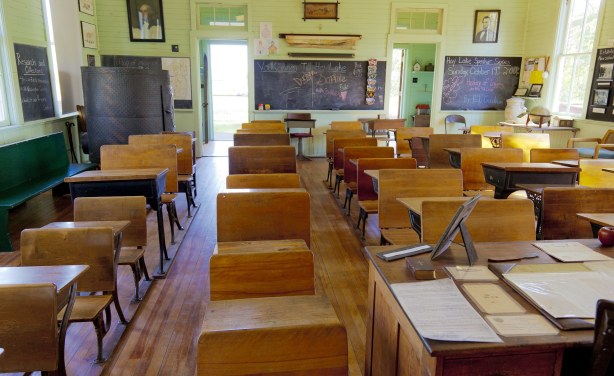South Africa/03 de Julio de 2017/Allafrica
Resumen: El Ministerio de Educación dice que planea que las últimas escuelas ofrezcan una lengua africana como un sujeto que implemente su política de IIAL desde el grado 1 el próximo año.
The Department of Education says it plans to have the last remaining schools not yet offering an African language as a subject implementing its IIAL policy from Grade 1 next year.
The department gave a presentation to the portfolio committee on basic education this week, and said the Incremental Implementation of African Languages (IIAL) deadline for the remaining 3 558 schools had been moved up from 2020 to 2018.
The ministerial management committee had resolved in May to push the deadline up for the last remaining 3 558 target schools that don’t offer any indigenous language.
«At the core of this strategy is to contribute toward social cohesion. Schools are incubators of future citizens,» Mweli told the committee.
«Many people believe African languages don’t have currency, they won’t take you overseas, and so on. That’s the misconception, but languages can sell. You can exchange experiences.»
Thereafter, in those remaining schools, Grades 4-6 would be implemented from 2021-2023, Grades 7-9 from 2024-2026, and Grades 10-12 from 2027-2029.
Department spokesperson Elijah Mahlangu told News24 on Thursday that the implementation rate had been slow in the final few schools.
The Western Cape had the worst implementation rate, with only 1% of the targeted 817 schools implementing isiXhosa so far.
The Northern Cape had the best, with 90% of its 29 targeted schools now offering either Setswana or isiXhosa.
Mweli said the teaching personnel for the remaining schools would be provided on a national basis. A group of qualified teachers would be drafted to the schools when requested.
The purpose of the IIAL is to develop a conversational competency for those who do not speak an indigenous African language as a second language.
It was borne out of the National Development Plan’s desire to promote and celebrate multilingualism.
A pilot was trialled in 264 target schools in 2014. The committee has previously expressed its unanimous support for the policy.
The department also updated the committee on plans to possibly introduce History as a compulsory subject.
History is currently compulsory from Grades 4-9. The plan would look at making it compulsory from Grades 10-12. An alternative could be to include aspects of History as part of Life Orientation, which is already compulsory.
The National Development Plan also highlights the importance of history, heritage and culture being taught to South African children to foster an understanding of our diverse past.
The department was also aware that the subject was losing popularity, and was aware that a lack of historical knowledge could make future citizens open to propaganda.
The plans were still developing, following the conclusion of a study of other countries’ best practices in Africa and Europe.
Fuente: http://allafrica.com/stories/201706300312.html







 Users Today : 1
Users Today : 1 Total Users : 35459907
Total Users : 35459907 Views Today : 1
Views Today : 1 Total views : 3418466
Total views : 3418466